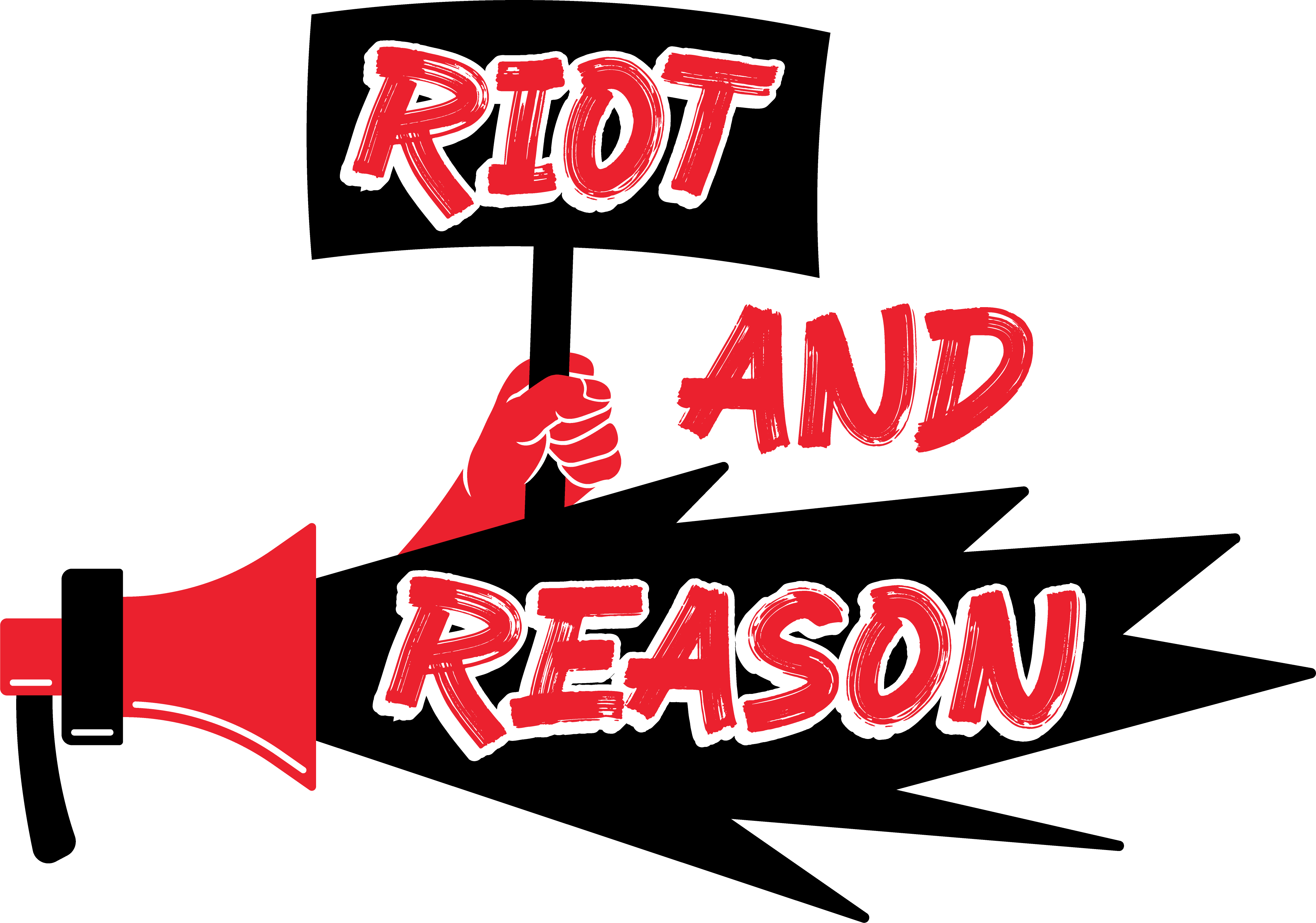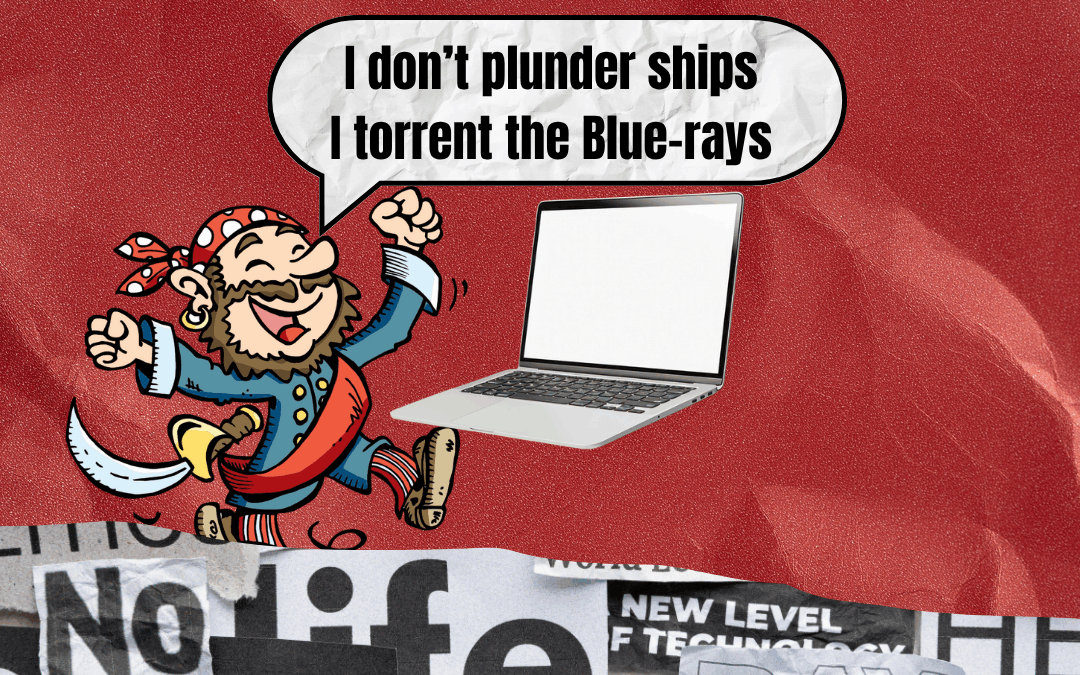
Reality TV producers and broadcasters face growing scrutiny over their treatment of contestants, with regulations tightening behind the scenes. But once the camera stops rolling, who holds the audience accountable for demanding drama while ridiculing those who provide it?
Reality television, with its raw emotions, larger-than-life personalities and captivating drama, mirrors the spectacle of ancient Roman gladiatorial games. Just as crowds once flocked to the Colosseum to witness the thrill of combat and human drama unfold, modern audiences tune into reality TV to experience the highs and lows of unscripted conflict. Both phenomena feed on society’s affliction with schadenfreude. This modern spectacle raises ethical questions about what we, as spectators, demand and consume, and the cost paid by those who step into the arena of entertainment.
The darker side of reality TV is evident through the accounts of former contestants and the tragedies linked to the industry. Sophie Gradon, a former Love Island contestant who tragically took her own life in 2018, spoke out about the pressures of instant fame:
“We became public property overnight. Everyone had an opinion, be it good or bad. On leaving the show, I descended into quite a dark place.”

Sophie’s experience is far from isolated. Her story serves as a poignant reminder of the challenges faced by reality TV participants, who are thrown into the spotlight overnight and have to navigate a world full of criticism and bullying.
Tiffany Leighton, who appeared on Love Island 2024, said: “When you sign up for something like Love Island, you know it’s not going to be plain sailing. There’s going to be trolls and negative comments – you have to be thick-skinned and make sure you’ve got a good support system around you.
“My mum was scared for me to go on. It was always going to be a bit harder for my parents because they don’t want to read horrible things about their child.
“I was crying in there every day and that was never shown. It’s not staged but the producers are constantly like ‘Why don’t you go and do this’. It’s nothing like real life – their purpose is to entertain.
“You’re constantly thinking about how the production team are portraying you and how you’re coming across to the public; everyone could be hating you.”
“I don’t think anyone will understand what it’s like until you go on it. All these people hide behind screens without realising that it’s real people they’re talking about. People can be so nasty but I don’t let it get to me. I feel sorry for them because they have nothing better to do.”
In 2019, a parliamentary inquiry into the treatment of reality TV participants shed light on the darker side of the genre. It followed the suicide of a contributor to the Jeremy Kyle show, Steve Dymond, who sadly took his own life seven days after appearing on the show. In response, OFCOM, the regulator for communications services, published guidelines titled ‘Protecting Participants in TV and Radio Programmes’. Whilst broadcasters must answer to OFCOM, the audience – arguably the most influential player – remains unchecked.
The most severe damage often occurs after the cameras stop rolling. Contestants leave the show only to confront a sea of faceless critics who dissect their every move. So who watches the watchers? There’s no regulatory body to hold the public accountable.
Dr Jacob Johanssen, Associate Professor in Communications and Media at St Mary’s University, and expert in psychoanalysis and audience studies, provided written evidence for the parliamentary inquiry. He said: “The sophisticated play between the real and scripted which takes place in all reality shows is very seductive for viewers and draws them to this genre. Viewers know what they see is not real, but often regard it as the full picture nonetheless.”
“A programme like The Traitors, with its emphasis on deception, lies and manipulation essentially shows a game, but also portrays very human behaviour. Some participants have spoken about the abuse they have received online by viewers and I would argue it is partly to do with that gap between the real and fake.”
While drastic improvements in safeguarding have been made, Dr Johanssen, amongst others, argues they don’t go far enough. Balancing the gripping drama of reality TV with the ethical responsibility to protect participants has become one of the industry’s most pressing challenges, though some professionals are working tirelessly with production teams and contestants to address these gaps.
Victoria Plant, a Chartered Psychologist and member of the British Psychological Society’s Media Ethics Advisory Group, has over a decade of experience advising on duty-of-care protocols for major media productions. From The Traitors to SAS: Who Dares Wins and Squid Games: The Challenge, she has been at the forefront of implementing psychological assessments, crew training and post-production aftercare for some of the most high-profile shows in the industry. Through her work, Plant not only supports participants but also ensures welfare remains a priority amid the pressures of producing reality entertainment.
“Ultimately, I’m a clinician and not there to make ‘good TV’. My role means I often have extremely difficult conversations and give advice people may not always want to hear, but I am employed to keep people safe. Over the years I have turned down many offers of often lucrative work if I haven’t felt the format or overall production was a safe one.

“Some production companies and commissioning channels place more emphasis on welfare than others, so I only work with those that take the mental health of crew and contributors seriously.
“In a crisis, I may have to provide on-site or remote grounding and stabilisation work. Contributors will have a psychology review within 72 hours and 28 days of return home. I will then view episodes before they are ‘picture locked’, before transmission, to advise the production company and commissioning channel on any potential risks. Contributors will then be offered a psychology review before broadcast and a few weeks after broadcast has finished, as a minimum.”
Chioma Dijeh-Lester, the Senior Communications Officer at the BBC, said: “Every production gets bespoke advice from the outset and throughout the planning, commissioning, filming, transmission and aftercare stages.”
Similarly, a spokesperson for ITV said: “Programme contributors will be offered a full package of measures to ensure they remain supported prior to, during and after the filming period on the show.”
Since Love Island has been forced to embrace stricter ethical guidelines, watching figures have taken a nosedive. According to the BBC, back in 2019, it averaged six million viewers per episode at its peak. Fast forward to 2024, and it’s barely pulling in one to two million. Meanwhile, OFCOM’s latest Media Nations Report revealed broadcast TV’s weekly reach dropped from 79% in 2022 to 75% in 2023 – a clear sign of shifting audience habits.
But not all reality TV is suffering. When the first episode of The Traitors 2025 aired, it attracted more than nine million viewers, according to the research organisation Barb. So why, at a time when public interest in reality TV is supposedly on the decline, does this show continue to thrive?
The answer lies in the contestants. Unlike the glossy cast of Love Island or the chaotic personalities on Ex on the Beach, the players on The Traitors are relatable. They’re normal people with regular jobs, faces and lives. The drama isn’t built on love triangles or bikini bodies, but on universal human behaviors – as viewers, we see ourselves in them. We can experience the highs and lows of their journey vicariously, feeling the tension, betrayal, and camaraderie, all without having to endure the stress of actually living it.
As producers push boundaries in pursuit of more dramatic television, is the industry simply responding to the demand we, as viewers, create? Producers design shows based on what gets the most views, engagement and social media buzz. Essentially, we co-create reality TV by driving demand for increasingly intense content – shaping the programmes we watch.
We condemn production teams for exploiting contestants, but isn’t our appetite for drama the driving force behind it all? If we stop watching, does the machine grind to a halt – or do we just move on to something else to satiate our hunger for drama and spectacle?
So, as broadcasters now face growing accountability and the industry edges closer to balancing ethics with entertainment, it begs the question: who is holding us accountable as viewers? The way we engage with reality TV and our consumption choices have a huge impact on the lives of its participants. If we demand drama without considering the human cost, we risk perpetuating the very issues we critique. Perhaps the future of reality TV lies not in just improved safeguarding, but in a shift toward more conscious and empathetic viewership.





